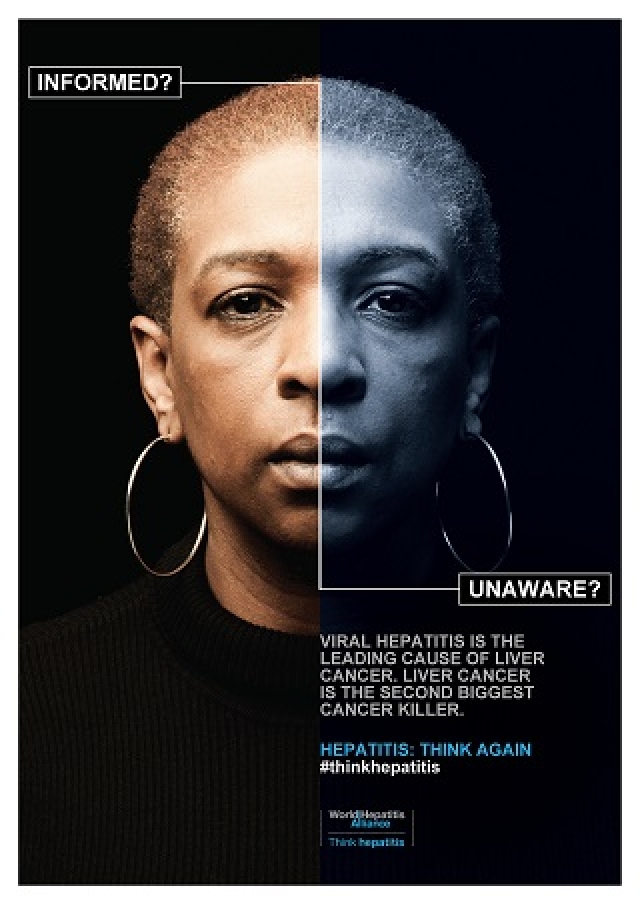Fighting Viral Hepatitis in the African Region

Cotonou, 6 November 2014 - The World Health Organization’s (WHO) Regional Director for Africa, Dr Luis Sambo, has suggested that countries in the African Region should establish strong and well-resourced surveillance systems in order to detect viral hepatitis, a growing public health threat in Africa. Dr Sambo’ s suggestions are contained in a report to be discussed by the 64th Session of the WHO Regional Committee for Africa taking place in Cotonou, Benin Republic.
In the report, he disclosed that the precise burden of viral hepatitis and the related risk factors in the African Region have not been fully quantified due to limited research on hepatitis, inaccurate data, inadequate surveillance and lack of cancer registries. The report notes that although treatment exists, for chronic hepatitis B and hepatitis C, the African Region does not have adequate capacity for diagnosis and treatment. Besides this, the medicines are expensive and it also difficult to decentralize the management of viral hepatitis from specialized centres because primary health care workers are not adequately trained and equipped to diagnose and treat patients with chronic hepatitis B and C
Inadequate primary prevention is also highlighted as one of the challenges facing the drive to combat viral hepatitis. Despite the introduction of hepatitis B vaccine to prevent infection in babies, only seven countries provide a birth dose. Furthermore, vaccination of health care workers against hepatitis B as recommended is almost non-existent. Moreover, a large proportion of the people in the Region lack access to clean drinking water and more than 50% face poor sanitation, creating favourable environmental conditions for easy spread of hepatitis A and E. The lack of public awareness has also made it difficult for countries to develop appropriate control strategies and for individuals to avoid transmitting hepatitis to their families and partners.
The Regional Director underscored the importance of increasing awareness of viral hepatitis among policy-makers and the general population; strengthening primary prevention of the disease by increas-ing their coverage of three doses of hepatitis B routine vaccination; ensuring safe blood supply and safe transfusion, and strengthening access to testing, care and treatment for viral hepatitis. He pledged WHO’s support to strengthen hepatitis surveillance and prevention in countries.
Viral hepatitis, caused by infection with hepatitis viruses A, B, C, D and E, is a serious yet under-recognized global public health problem affecting more than two billion people worldwide and causing about 1.4 million deaths every year. The African Region has a high number of cases of hepatitis A and E with outbreaks of hepatitis E recently reported in several countries. It is estimated that 18 million people in the African Region are chronically infected with hepatitis C. These infections lead to chronic disease which can cause severe complications such as cancer of the liver. Regrettably most people with chronic viral hepatitis are not aware of their infection and therefore do not receive appropriate treatment.
__________________________________________
For further information contact:
Dr Youssouf Gamatié
Tel: + 229 301753
Email: gamatiey [at] who.int
Dr Emil Asamoah-Odei
Tel: +4724139277
Email: asamoahodeie [at] who.int
C. Boakye-Agyemang
Tel: +4724139174
Email: boakyeagyemangc [at] who.int
François Agossou
Tel : + 229 301753 ; + 229 97290254
Email: agossouf [at] who.int
Samuel Ajibola
Tel: +4724139174
Email: Ajibolas [at] who.int




